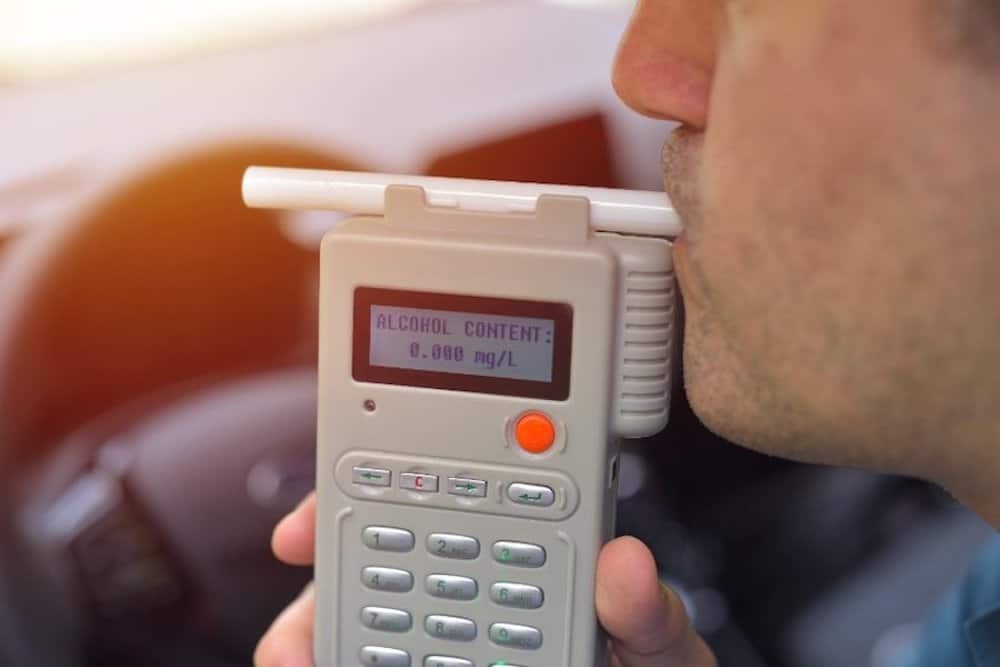The Criminal Record Erasers have qualified attorneys that have first-hand experience in representing individuals being charged with alcohol-related crimes. We have extensive knowledge about these topics and how to best represent you to receive the best outcome possible. In addition, if you have been previously convicted of any of these crimes, we are willing and able to look into your case and see if a record expungement is possible for you!
DUI, DWI, and Public Intoxication are just some of the charges we work with. Here are a few things to note about these charges.
- If you are caught driving drunk, it is important to seek legal assistance as soon as possible to avoid the maximum penalties.
- Some states have passed laws that require police officers to make an arrest if they have probable cause to believe that a person is intoxicated.
- Alcohol retailers may be held criminally liable if they sell alcohol to minors
- In most states, it is illegal to transport any open container of alcohol, regardless of where it is stored




